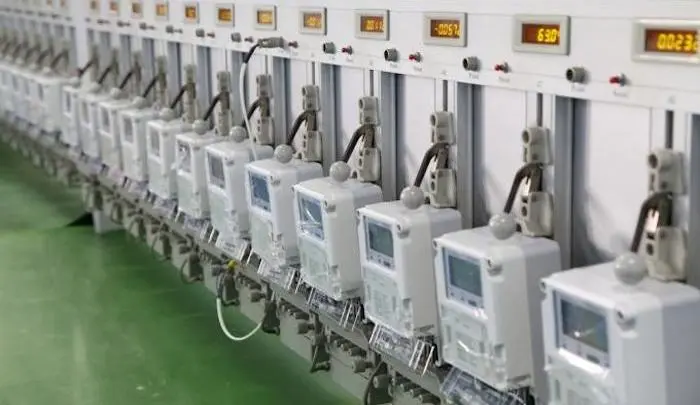National Assembly (NASS) has commenced a review of the 2023 Electricity Act with strong indications that the electricity tariff categories introduced by the Nigerian Electricity Regulatory Commission (NERC)—Band A, B, C, and D—may be scrapped.
This development follows widespread public criticism from civil society organisations, the Organised Private Sector (OPS), and Nigerian citizens over the high cost of electricity and the perceived unconstitutionality of the tariff structure.
A lawmaker who spoke to our reporter on condition of anonymity said the amendment seeks to address multiple challenges in the power sector, including pricing, subsidy administration, and regulatory conflicts between federal and state governments.
“The National Assembly has received numerous petitions and complaints regarding the tariff bands. We are reviewing the Electricity Act to ensure it reflects the interests of Nigerians and supports sustainable electricity supply,” the lawmaker said.
The 2023 Electricity Act granted states the authority to regulate electricity generation, transmission, and distribution. However, recent disputes—such as the disagreement between NERC and the Enugu State Government over tariff reductions—have highlighted the need for harmonisation between federal and state regulatory frameworks.
Former NERC Chairman, Dr. Sam Amadi, commended Enugu State’s decision to reduce electricity tariffs, describing the federal bands as unconstitutional and urging NERC to adopt similar measures nationwide.
Amadi, who is also Director at the Centre for Public Policy & Research, Harvard Kennedy School, said consumers should only pay for electricity priced at efficiently incurred costs, not inflated rates resulting from operational inefficiencies.
He criticised distribution companies (DISCOs) for passing losses onto consumers and called for reforms that prioritise affordability and transparency.
The proposed amendment also includes the establishment of a National Electric Power Policy Council to oversee high-level policy coordination and address systemic issues affecting the sector.
NASS is expected to finalise the review in the 2025 Electricity Bill, which lawmakers say will serve as a blueprint for long-term stability and reform in Nigeria’s power sector.
![]()






























































